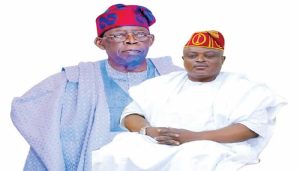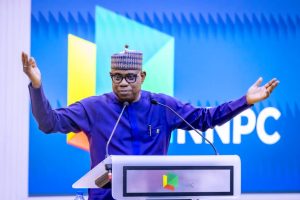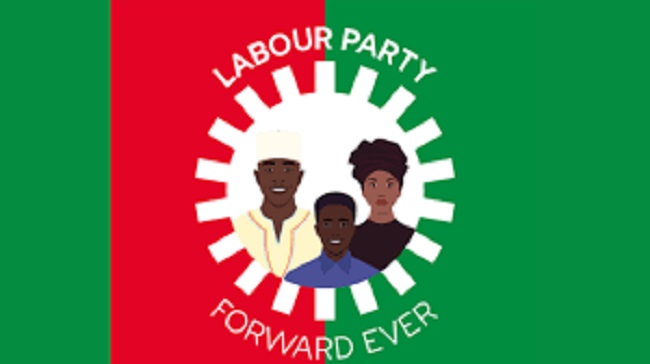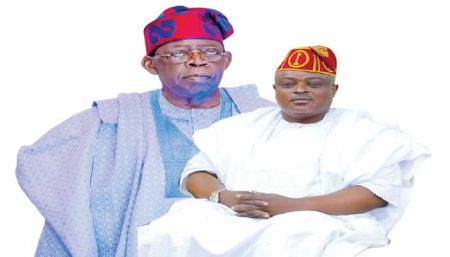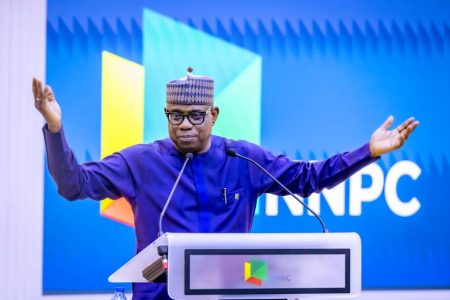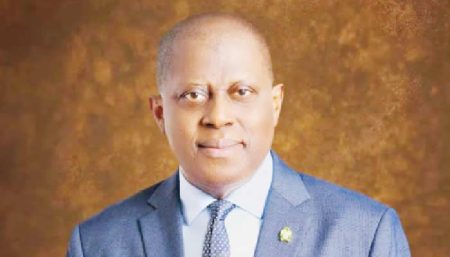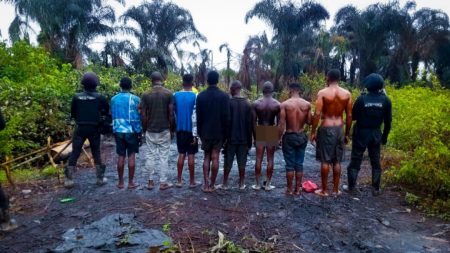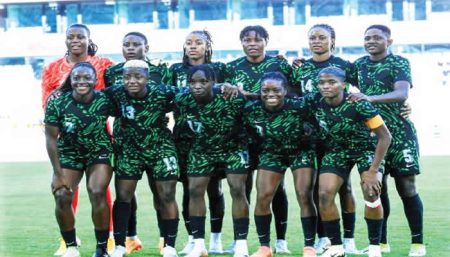The Intra-Party Struggle within the Labour Party and Its Impact on the Lagos Local Government Elections
The Labour Party (LP), a prominent political force in Nigeria, finds itself embroiled in a contentious internal power struggle that has spilled over into the upcoming local government elections in Lagos State. This conflict stems from a dispute over the party’s legitimate leadership, with two factions vying for control and recognition. The Julius Abure-led faction, which claims to be the authentic leadership, is at loggerheads with another group, leading to legal challenges and accusations of interference in the electoral process. This power struggle threatens to undermine the party’s unity and its ability to effectively participate in the crucial local elections.
The recent court order issued by Justice M.A. Savage of the Federal High Court, Ikeja Division, has further complicated the situation. The order, obtained by Mr. Oluwasegun Sekonu, restrains the Lagos State Independent Electoral Commission (LASIEC) from accepting candidate nominations from the Abure-led faction. This legal maneuver effectively bars the faction’s candidates from contesting the elections, pending the resolution of the underlying leadership dispute. The Abure faction has vehemently rejected the court order, arguing that it lacks jurisdiction and represents an overreach into internal party affairs. They contend that the nomination of candidates is a purely internal function, protected by the principle of party autonomy, and therefore not subject to judicial intervention.
The Abure-led faction’s legal arguments center around several key points. Firstly, they cite a Supreme Court judgment from April 4, 2025, which affirmed the principle of non-interference in internal party matters. This precedent, they argue, establishes that courts should not adjudicate disputes relating to party leadership or candidate selection. Secondly, they challenge the standing of Mr. Sekonu, the individual who initiated the lawsuit. They claim that he is not a registered member of the Labour Party and therefore lacks the legal capacity to sue. His lack of membership, they argue, invalidates his claim and renders the court order null and void. Finally, they emphasize that the 2024 party convention held in Nnewi, Abia State, chaired by Governor Alex Otti, remains valid and unchallenged, further solidifying their claim to legitimate leadership.
The Abure faction’s response to the court order highlights the complexities of intra-party disputes and their potential to disrupt the electoral process. Their arguments raise critical questions about the boundaries of judicial intervention in party affairs, the importance of party autonomy, and the criteria for determining legitimate leadership within political organizations. The faction’s insistence on the validity of the Nnewi convention underscores the ongoing struggle for control and recognition. They maintain that the Independent National Electoral Commission (INEC) recognizes them as the legitimate leadership, further bolstering their position. This assertion underscores the importance of external recognition in legitimizing internal power structures within political parties.
The ongoing legal battle and the conflicting claims of legitimacy have created a precarious situation for the Labour Party in Lagos State. With the local government elections fast approaching, the party risks being sidelined if the leadership dispute remains unresolved. The court order, if upheld, could effectively disenfranchise the Abure faction’s candidates and undermine their ability to participate in the electoral process. This scenario could have significant implications for the party’s overall performance in the elections and its long-term political prospects in the state. The Abure faction has called on LASIEC to respect democratic principles and the legal autonomy of political parties, urging them to disregard the court order and allow their candidates to contest the elections.
The conflict within the Labour Party serves as a microcosm of the broader challenges facing Nigeria’s political landscape. It highlights the fragility of internal party democracy, the potential for legal maneuvers to disrupt electoral processes, and the importance of clear and consistent legal frameworks for resolving intra-party disputes. The outcome of this ongoing legal battle will have significant ramifications for the future of the Labour Party and could set a precedent for how similar disputes are handled in the future. The ability of the party to resolve its internal conflicts and present a united front will be crucial for its success in the upcoming local government elections and its long-term political viability. The stakes are high, and the future of the Labour Party hangs in the balance.


